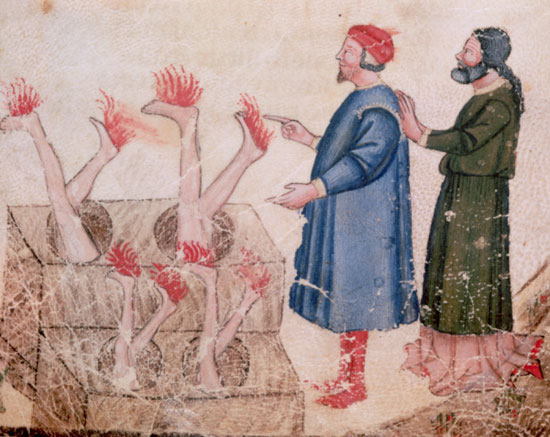@e_flux wrote:
Image may be NSFW.
Clik here to view.
In the November issue of e-flux journal, Natasha Ginwala reflects on corruption in its many forms, especially political, aesthetic, and environmental. Here's an excerpt:
In the Machiavellian account of corruption as “a generalized process of moral decay,” it inevitably infects the vital organs of the body politic and poses the looming threat of political instability, while eroding social virtues of the idealized Republic.
Artist Pio Abad treats the auction as an archeological site for excavating an astonishing range of unwieldy loot that exchanged hands under the martial regime of Ferdinand and Imelda Marcos, from Georgian silverware to Old Masters paintings. Through the fetishistic tendencies of this illegally amassed wealth, the art object is put to task as an insignia of myth-making and legitimation—mobilizing a repressive political imaginary.
Under the Marcoses rule, visual art and its display became a vital aspect of civilizing rituals brought outside the canonized Western museum and into the bureaucratic chambers and flamboyant private residences of authoritarian governance. The aesthetic condition of fraud thus became construed as an elite complex transacted across schemes of modernization in the Philippines. As Arturo Luz, once director of the Metropolitan Museum of Manila, said: “She’d come and pick things up whenever she wanted, even in the middle of the night … There was no accounting, no questions asked.”
In his series The Collection of Jane Ryan and William Saunders (2015), Abad creates a set of postcards deploying the Old Masters paintings that include works by Botticelli, Goya, Tintoretto, Titian, and Gauguin, which were shuttled in suitcases and private planes to be kept under guises over decades and eventually sequestered from Ferdinand and Imelda Marcos to be auctioned off on behalf of the Philippine Commission on Good Government. With several paintings in this “collection” considered fake, these postcard works perform as storytelling devices, illicit souvenirs, and forensic traces revealing larger consequences of the loot as an unauthenticated history, eerily echoing feudal patterns and the generational spread of oligarchic power in the present day.
Image: Manuscript Illumination of Dante and Pope Nicolas III in which the corruption of the Roman Catholic popes is condemned.
Posts: 1
Participants: 1
